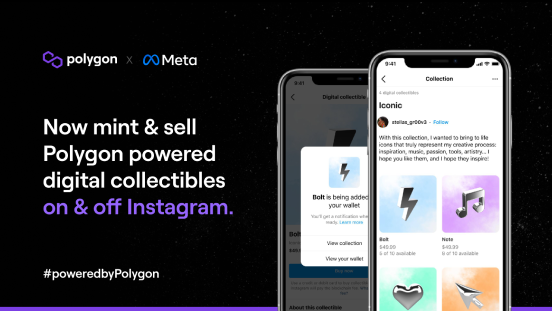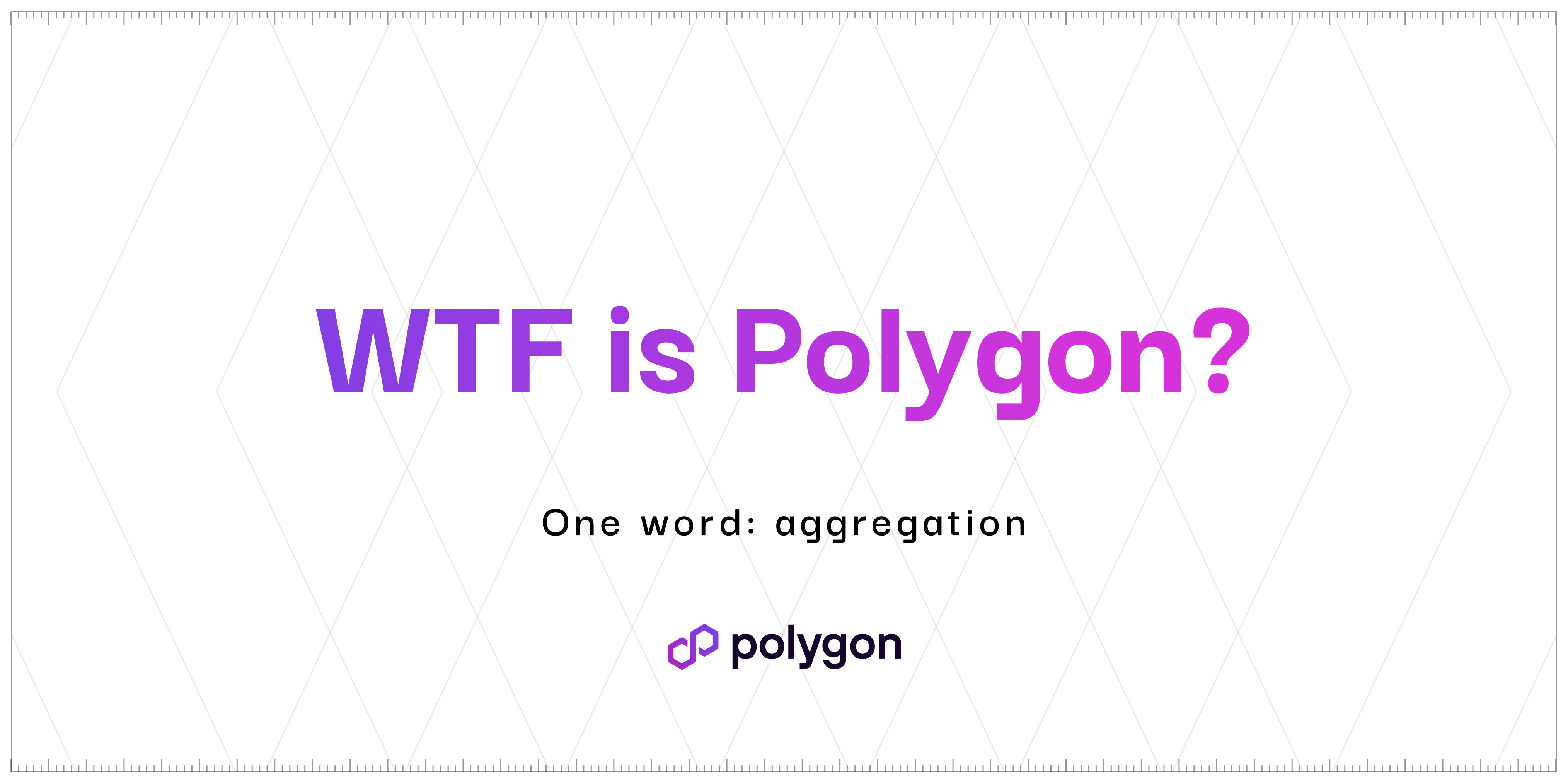August 30, 2023
Introducing Polygon Chain Development Kit (CDK): Launch ZK L2s On Demand to Unlock Unified Liquidity
Polygon CDK is an open source codebase for launching ZK-powered L2 chains for Ethereum, on demand. All chains deployed using Polygon CDK are interoperable, with automatic access to the unified liquidity of all Polygon chains, and one-click access to the entire liquidity of Ethereum. Core modularity means developers can use Polygon CDK to design networks according to their needs. Zero-knowledge proofs ensure cryptographic security and near-instant finality.

.png)

























































.png)
.png)
.png)




.png)
.png)
.png)



.png)

.png)